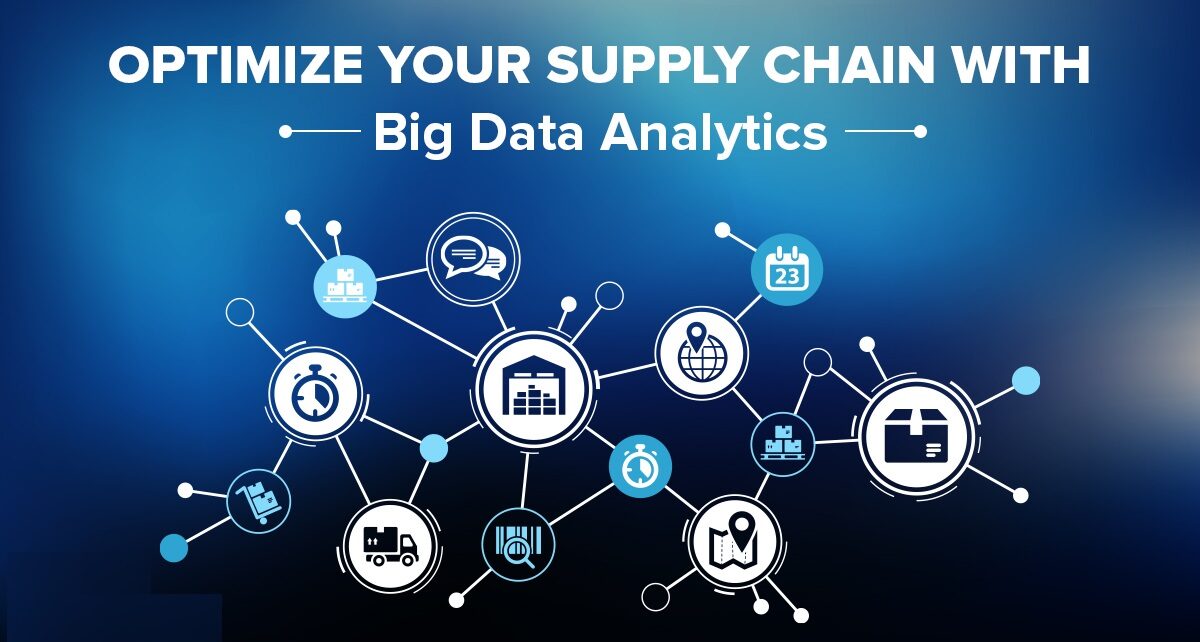Using data analytics, supply chain operations can be better managed and optimised. Consumers rely on global supply chains not only for luxury items but also for necessities such as fuel and food, making them a vital cog in the modern economy. Understand clearly first why do supply chain analytics matter in detail.
In tandem with the complexity of supply chains, the demand for data professionals who can maintain system efficiency has increased. In this case, supply chain analytics are helpful.
After reading this article, you will gain a deeper understanding of supply chain analytics, examine the most common types, and become acquainted with its many advantages. You will also learn about some of the most popular resources and courses available to help you launch a career in this vital field. In addition, you will gain an understanding of the fundamental concepts underlying the digital transformation of supply chains.
What is the precise meaning of “supply chain analytics”?
Using data analytics methodologies and tools, supply chain analytics aims to improve supply chain management, supply chain operations, and supply chain efficiency.
Modern supply chains generate a mountain of large data due to their size and complexity. This information can be used for identifying trends, enhancing efficiency, and solving problems creatively. Analysts in the field of supply chain management use supply chain analytics to generate insights that can inform strategic decisions regarding the development, maintenance, and improvement of supply chains. These insights can serve as a guide for decision-making in a variety of situations.
An Example of Supply Chain Analytics
When purchasing a new pair of shoes, most people do not give much thought to the origins of the materials, the manufacturing process, or the logistics of getting the shoes from the factory to the department store. Every day, supply chain analysts and other logistics professionals deal with these nuances.
Logistics professionals use data analytics to identify trends and patterns in the massive amounts of data generated by their supply chain in order to better manage all of these factors. For example, a shoe manufacturer’s supply chain analyst may examine historical sales data to predict when demand will increase and decrease in the near future. In supply chain analytics, demand forecasting is a common technique that helps businesses plan their material sourcing, production, and distribution in order to meet customer demand (a process known as demand planning).
Supply chain analytics advantages
Implementing supply chain analytics can result in numerous benefits. Typical advantages include those listed below.
- The most effective supply chain administration
- There were overall cost savings realised.
- Enhanced capacity for planning Enhanced capacity for risk management
- Enhanced understanding of what will occur in the future
- Multiple perspectives on the supply chain are investigated.
Common supply chain analytics include descriptive, diagnostic, predictive, and prescriptive analytics, as well as cognitive analytics. When applied to supply chains, their respective focuses distinguish them from one another.
Critical to the global economy, supply chain analysts utilise data analytics and advanced analytics to manage and improve the supply chains. Therefore, if you wish to pursue a career in supply chain analytics, you must learn how to work with data effectively.
Infographic provided by AV Logistics, a provider of container drayage software






